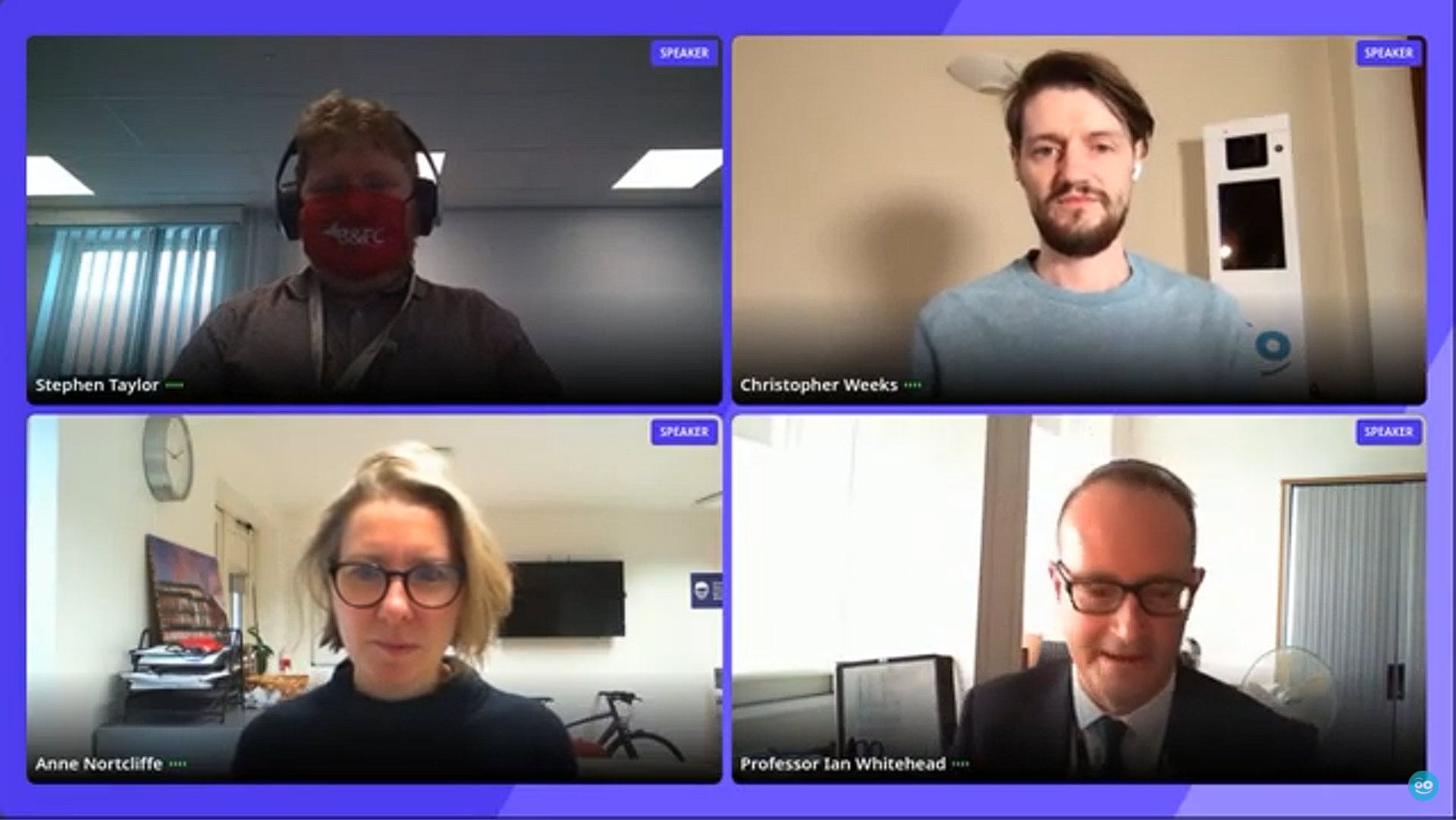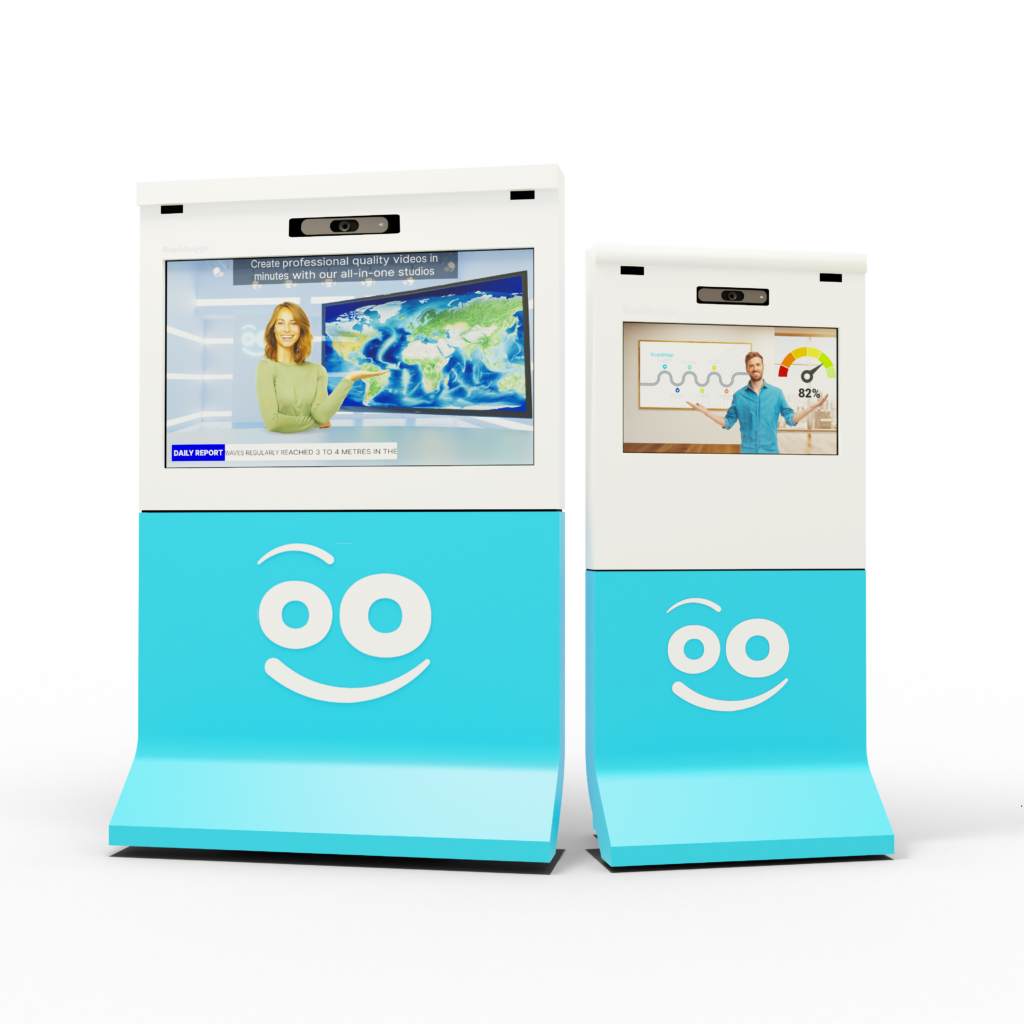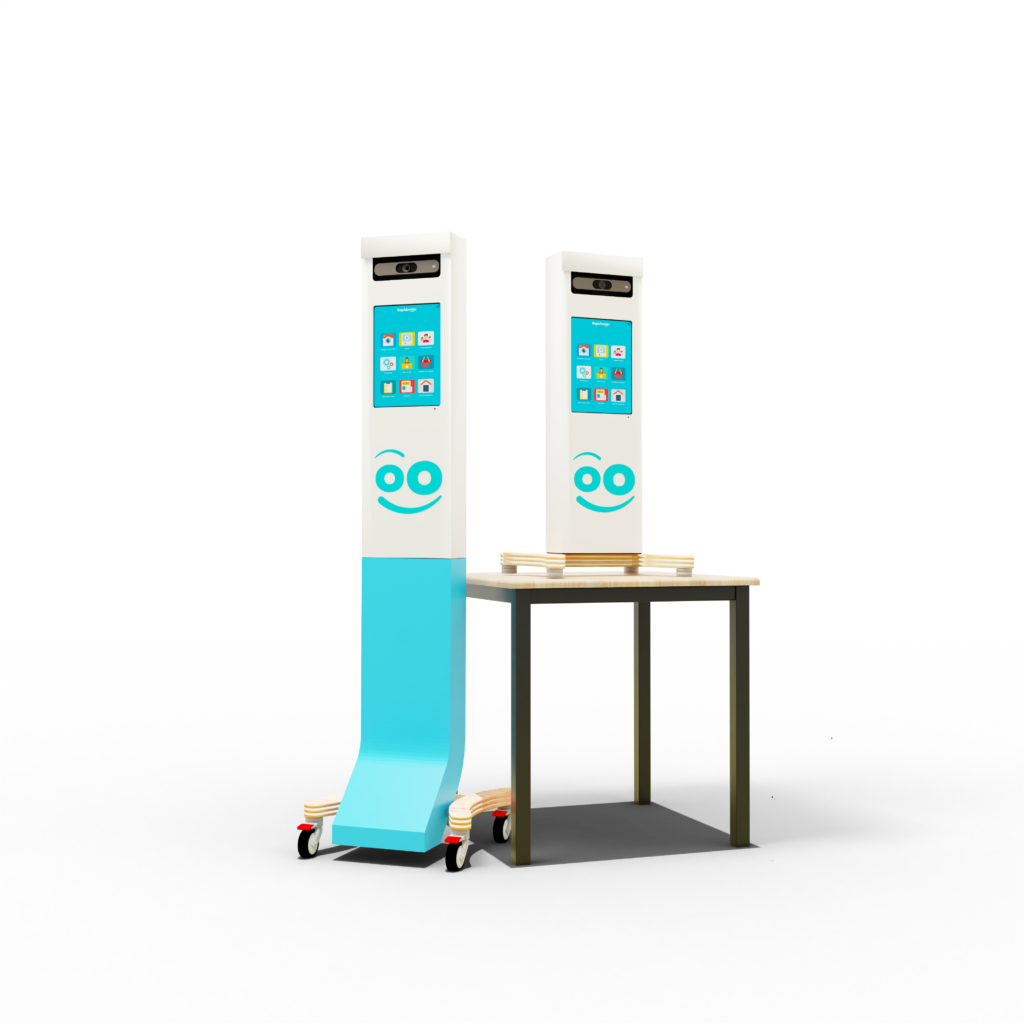Innovate, engage
and inspire.
An ambitious and exciting trip to the EdTech and Digital Learning online conference that the Rapidmooc UK team attended on November 17th, 2021. A virtual meeting with a busy program, many speakers, academics, and companies who’re looking to reinvent learning. An event to show the future of education and how education is handling the complex changes currently happening.
The objective of the conference :
In these challenging times, interrupted by constant adaptations to a pandemic that is struggling to be contained, universities have had to face a drastic change in educational needs over the last 18 months. The challenge is to reconciling existing resources with new solutions, supporting an accelerated digital transformation.
The conference first responded to the need to understand the factors of success of any pedagogy:
Developing employability through skills
Digital development
Student well-being
The impact of COVID
Synchronous VS asynchronous learning
Educational Technologies Panel :

Moderator: Professor Ian Whitehead – Professor of Modern History at University of Derby
Speakers : Anne Nortcliffe – Founding Head of School of Engineering, Technology and Design at Canterbury Christ Church University, Amy Sampson – Head of Digital Learning at Falmouth University, Stephen Taylor – Senior Learning Technologist at Blackpool and The Fylde College and Christopher Weeks, UK Rapidmooc manager
The pandemic has deprived the entire educational community of the collaborative and engaging process of face-to-face learning. Teachers and learners had to find other ways to share, communicate, and build a prosperous and evolving learning experience.
The learning experience is now based on these pillars:
Strengthening the sense of belonging and integration into a community:
through the integration of tools that promote exchanges within well-defined groups, such as classes:
Students choose which online communities to join, via platforms such as Discord or Slack. They are no longer passive, waiting for the course to end, as interactions are multiplied by online tools that allow them to co-construct their virtual environment.
Hybrid flexibility:
Although a gradual return to the campus is planned, distance learning and blended learning are now firmly established.
Digitalisation is no longer an obligation but a real opportunity to enrich the educational experience, combining physical and digital presence.
The assessment methodology is being reinvented, including 100% online, 24-hour and audio exams.
The students' agility with digital technology is remarkable. They are quick to embrace the new channels. New technologies and digital learning are even excellent ways to engage them further.
A virtual and immersive environment:
Universities are the carriers of knowledge, but students must be engaged to be receptive to it.
As their engagement is essential, it is crucial to successfully immerse them in an environment where they are stimulated and encouraged to learn.
Augmented reality and virtual worlds are therefore interesting avenues, thanks to their high immersion potential.
The whole round table can be found here :



